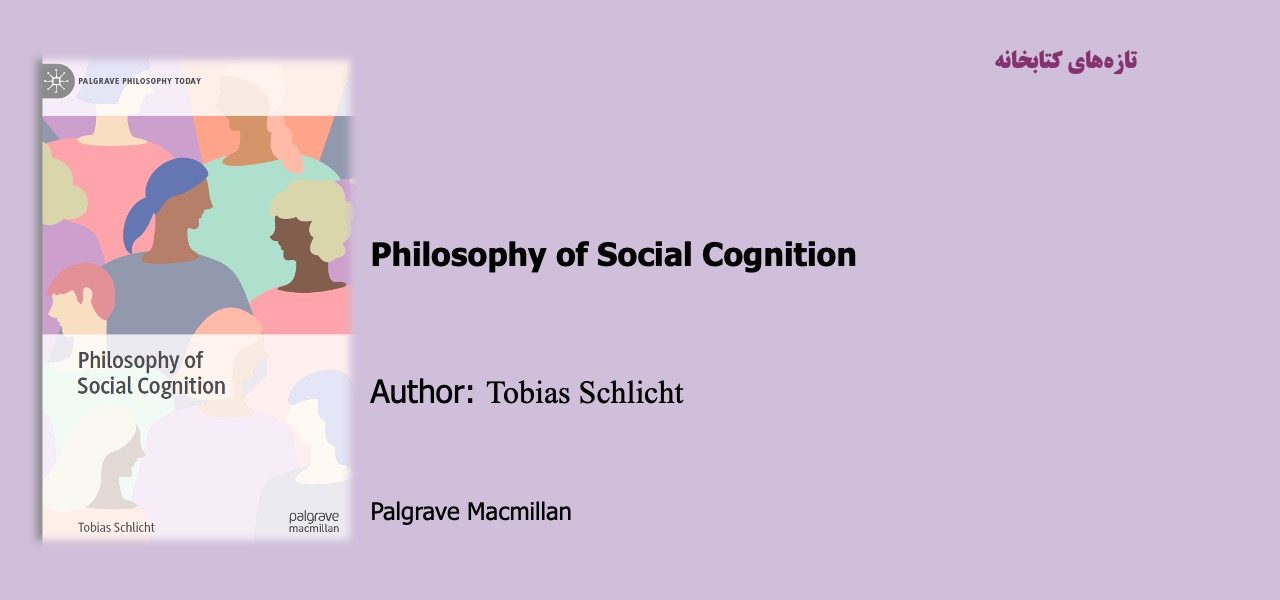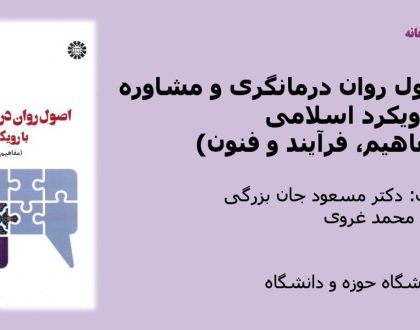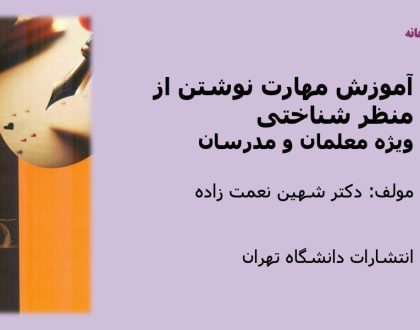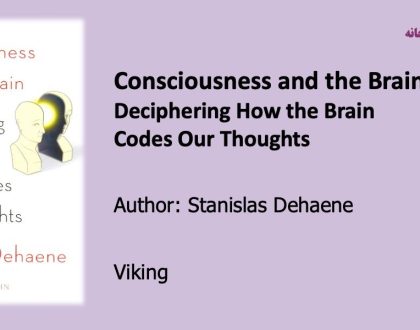Philosophy of Social Cognition

This book started out as more or less the project of translating my German introduction into this topic from 2018 into English. But it turned out quickly that the rapid pace with which the debate about the nature of social understanding proceeds requires several adjustments in the overall structure of the book and the addition of new chapters. My own thinking about these matters has developed during the last several years obviously, and this had to be taken into account as well. The result is a more or less new manuscript, but one that still owes a lot to the former German ancestor.
Thus, it is natural to thank the many people with whom I have discussed these topics, who helped me to clarify my interpretations of theories, gain a better understanding of the empirical data and comprehend the complex relations between the theories discussed here. First and foremost, my thanks go to my former and actual team members in Bochum: Mark-Oliver Casper, Krzysztof Dolega, Paola Gega, Keith Harris, François Kammerer, Judith Martens, Firuze Mullaoglu, Nina Poth, Andreea Potinteu, Bartosz Radomski, Luke Roelofs, Matt Sims, Joulia Smortchkova, Caroline Stankozi, Tobias Starzak, Elmarie Venter and Alfredo Vernazzani. Over the years, not only in intense discussions, but via their own original work, and through ideas worked out together in co-authored papers, they have shaped the content of this book or played a decisive role in getting the book into shape. Many of them have also read several chapters of the book and made invaluable suggestions for improvement. My secretary, Carolin Wolters-Telle, always keeps administrative challenges in check and helps organizing our team efficiently. I can consider myself lucky to be able to rely on such a kind and competent team!
مطالب مرتبط

اصول روان درمانگری و مشاوره با رویکرد اسلامی (مفاهیم، فرآیند و فنون)
۲۶ / بهمن / ۱۴۰۳

آموزش مهارت نوشتن از منظر شناختی
۲۶ / بهمن / ۱۴۰۳


